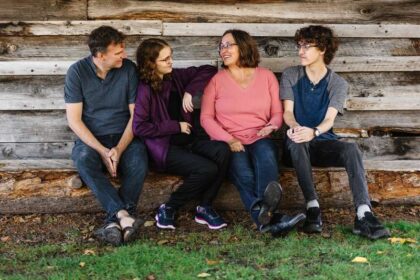The High Court has postponed, to July 23, the conspiracy trial involving Theoneste Nsengimana, the founder of Umubavu TV, and eight co-defendants, following a request by the prosecution.
The trial was earlier scheduled to resume on July 7.
ALSO READ: Court orders probe into Ingabire’s alleged role in conspiracy case
Nsengimana and his co-accused, Sylvain Sibomana, Alex Rucubangana, Hamad Hagengimana, Jean-Claude Ndayishimiye, among others, are facing charges of forming a criminal association and conspiring to commit offenses against the government or the President.
ALSO READ: Witness implicates YouTuber Theoneste Nsengimana, co-accused in alleged conspiracy
On June 17, the court summoned former convict Victoire Ingabire Umuhoza to testify, citing Article 106 of the law relating to criminal procedure. This provision allows courts to call upon co-offenders or accomplices who were not initially presented before the court. The presiding judge said there were reasonable grounds to hear Ingabire’s testimony in relation to the charges faced by the defendants.
Further invoking paragraph 4 of Article 106, the judge noted that if existing testimonies are insufficient yet incriminating evidence is present, the prosecution is mandated to open a formal investigation based on the court proceedings.
The court instructed that this investigation be conducted within two weeks, starting from June 20.
Shortly after this development, Ingabire was arrested. Her bail hearing is scheduled to take place on July 8 at Kicukiro Primary Court.
Nsengimana and the others were initially arrested in 2021, with their trial in substance beginning on December 17, 2024.
During the early stages of the trial, the prosecution laid out detailed allegations, including audio recordings of meetings allegedly held by the accused.
One major point of argument was the group’s alleged use of the book Blueprint for Revolution by Serbian activist Srdja Popovic, which outlines non-violent strategies for challenging authoritarian regimes. According to the prosecution, the group used an English learning club as a front for underground organizing.
During one of the past hearings, in one audio recording played in court, lasting over an hour, the accused reportedly discussed tactics to avoid detection, emphasizing indirect actions and efforts to mobilize vulnerable or disgruntled groups, such as street vendors or people involved in land disputes.




